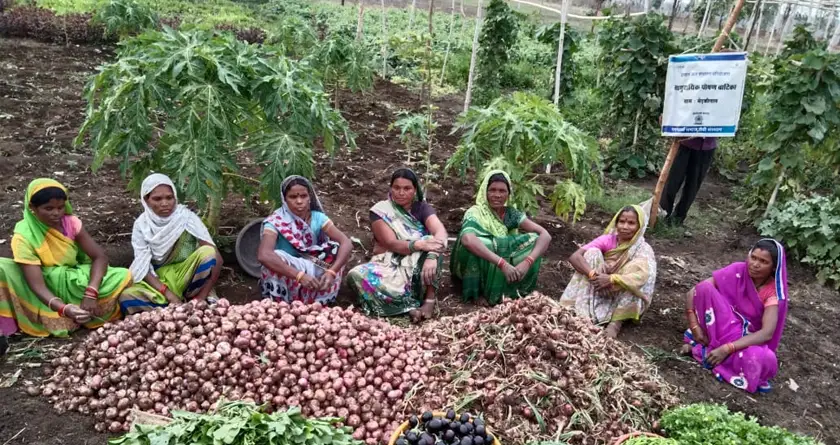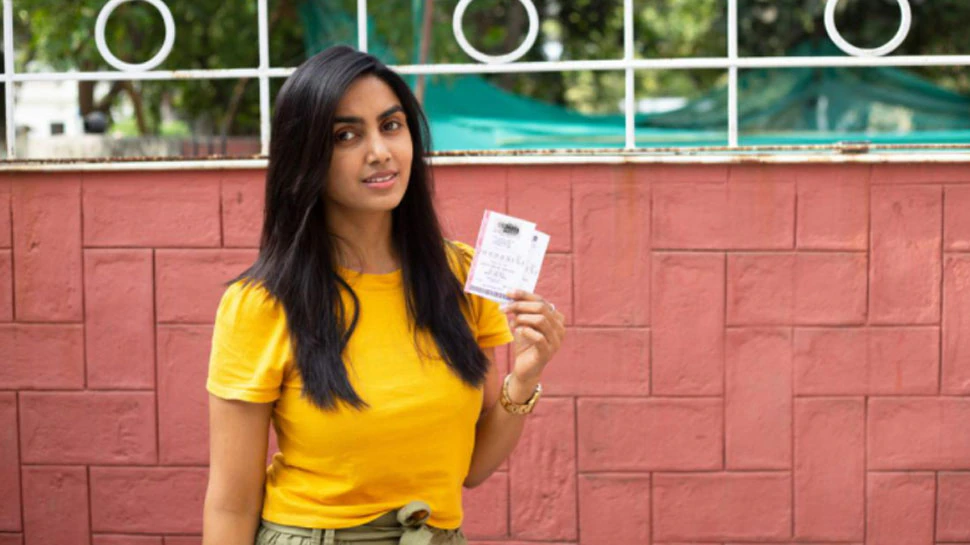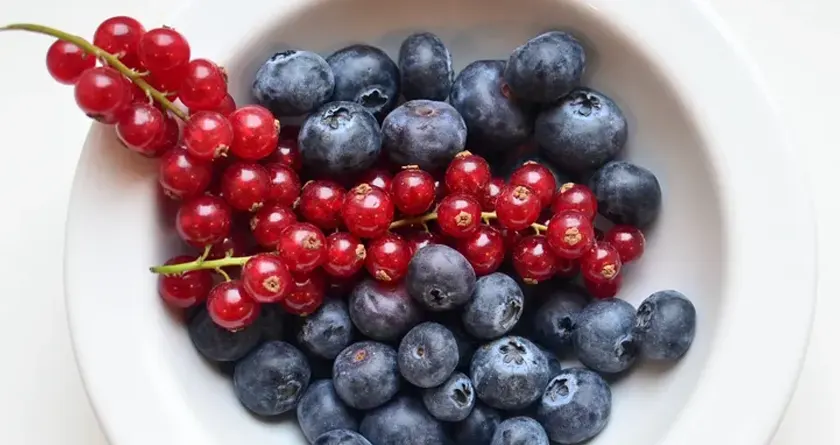
A simple gardening idea helped women in 12 villages earn 300,000 rupees during the closure period
Simple ides in lockdown…Know more…
Wednesday, 1st September 2021
“Poshan Vatika” is a pilot project of Prabhat Jal Sarakshan Yojana, attracting migrant workers from Madhya Pradesh to start harvesting spinach and fenugreek They grow papaya, lemon and guava on their land, and earn money during confinement.
In the past 18 months, COVID19 has had a disproportionate impact on the lives and livelihoods of rural India. A report shows that rural communities eat less and often cannot afford nutritious foods such as beans and vegetables. In the Chhindwara district of Madhya Pradesh, a unique initiative taken by women from 12 villages not only helps the community to fight hunger, but also generates income by turning wasteland into a nutritious garden.
Also Read: 5 Waste-Free Eco-Friendly Businesses You Can Start With Little Money
These 12 villages are mainly composed of tribal populations. Although they depend on agriculture for their livelihoods, they are the most vulnerable in terms of food and nutrition security. Lack of guidance and resources prevents them from using the land effectively and earning income from it. Due to extreme poverty and lack of livelihood opportunities in rural areas, they were forced to move.
Boshan Vatica Initiative
The national lockdown implemented during the first wave of the pandemic resulted in a large outflow of migrant workers. As a result, rural families have suffered income losses and many people have fallen into deepening poverty, debt and hunger. The coordinator of Prabhat Jal Sarakshan Yojana (a project led by a non-governmental organization (NGO) in the region) considered that there was no other option to generate income and began to provide orientation and basic training to women belonging to Mendki Tal Village, Chhindwara District , Madhya Pradesh Establish the Poshan Vatika community (nutrition park) as a pilot project.
On 1,600 square feet of land, they began to grow different green fruits and vegetables, such as spinach, fenugreek, radish, tomato, eggplant, cabbage, cauliflower, ginger, coriander, bell pepper, cucumber, pumpkin, fruit, papaya, lemon. and guava. In three months, the women's hard work paid off, which also attracted women from 11 other villages to join the initiative. After receiving a similar training, they formed a group and began to farm the available land together.
Today, 144 women are implementing this plan, which has become a useful tool for rural women to generate additional income.
The News Talkie Bureau
Source
ThebetterIndia











